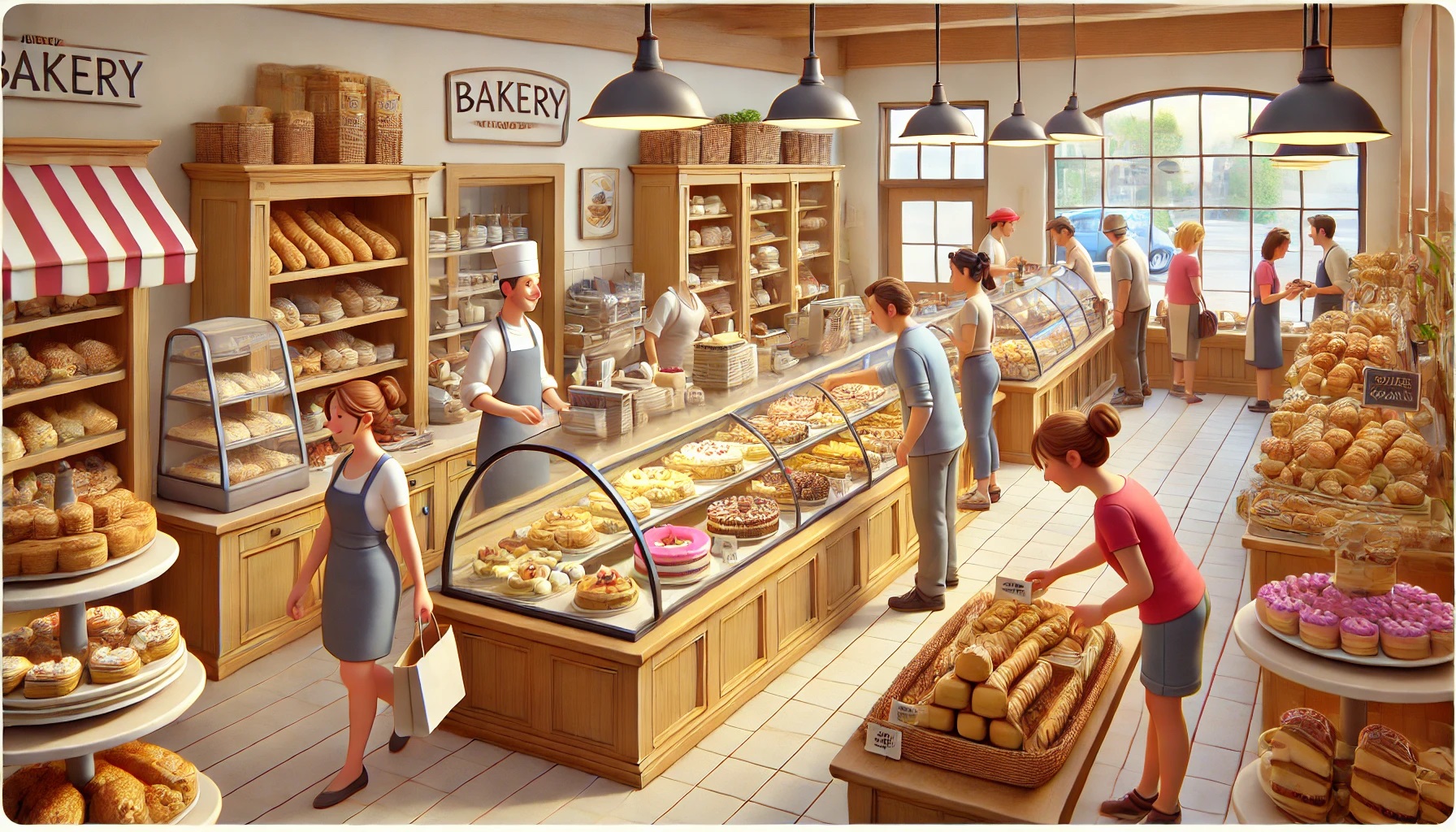What is the VAT rate for pastry, dessert and pâtisserie businesses?
Whether food and beverage service is provided at the workplace or as a takeaway service, the VAT rate for food and beverage service is 10%.
If a company that produces food products sells the products it manufactures in packages, wholesale to grocers, markets, etc., the VAT will be 1%. If it manufactures them in its own pastry shops, cafes, restaurants, dessert shops, bagels, etc. and offers them as take-away or takeaway service at the workplace, the VAT rate will be 10%.
***
Official Gazette Number: 32529
SATURDAY, 27 April 2024
NOTIFICATION
From the Ministry of Treasury and Finance (Revenue Administration): NOTIFICATION ON AMENDMENTS TO THE GENERAL APPLICATION OF VALUE ADDED TAX NOTIFICATION
(SERIAL NO: 51)
ARTICLE 1- The phrases “(%8)” in the section (III/B-2.4.) of the General Application of Value Added Tax Notification published in the Official Gazette dated 26/4/2014 and numbered 28983 have been changed to “(%10)”, “(%18)” has been changed to “(%20)”, the phrase “as of 1/1/2008” in the first paragraph of the section (III/B-2.4.1.) of the same Notification has been repealed and the The following paragraphs have been added after the fourth paragraph.
“Since these businesses are in principle service businesses, a VAT of 10% (20% for alcoholic beverages) is calculated for the sale of food products manufactured or procured from outside to customers to be consumed there or outside.
Example 1: (K) Coffee Shop sells cakes procured from (T) Business in addition to the coffees it prepares. The customer who came to the business that provides self-service service bought a wet cake along with the coffee he ordered and requested that his orders be packaged instead of sitting in the area belonging to the business. He also had 100 grams of Turkish coffee. A VAT of 10% will be calculated for all of these sales made by (K), who has a cafeteria license.
Example 2: Customer (D) who ate at Restaurant (G) bought 1 kg of baklava when leaving the restaurant. The restaurant will calculate a VAT of 10% for the food service it provided to the customer and the sale of baklava.
All sales made by these businesses by phone or online ordering, sending to address, pick-up, etc. are of the same nature.
Example 3: (A) Bakery prepared a birthday cake for 8 people in its workshop upon an order given by phone. Instead of having the cake sent to its home address, the customer announced that he would come to the bakery after work and pick up the cake. After work, he bought 1 kg of dry cake and 2 bottles of lemonade along with the ordered cake. A 10% VAT will be calculated on the sales of the cake and the food that came with it prepared by (A), who has a bakery business license.
On the other hand, the food sales made by those who do not have a business license for opening and operating food and beverage services but provide food and beverage services to their customers in areas where service can be provided such as tables, seating areas, counters, etc. are also within the scope of the 24th item of the list numbered (II) in Annex (II) of the Turkish Code of Civil Procedure No. 2007/13033.
Example 4: (B) Buffet Business operating on the beach sells toast, tea and soft drinks to customers sitting on the tables and stools it has placed in front of its buffet and to those swimming in the sea on the sun loungers on the beach, although it does not have a business opening and operating license for food and beverage services. (B) Buffet Business will calculate 10% VAT on the sales of food products it procures from outside in addition to the toast and tea it prepares at the buffet, since it actually provides food and beverage services.”
ARTICLE 2- This Communiqué shall enter into force at the beginning of the month following its publication. ARTICLE 3- The provisions of this Communiqué shall be enforced by the Minister of Treasury and Finance.
Source: Istanbul Chamber of Certified Public Accountants
Legal Notice: The information in this article is intended for information purposes only. It is not intended for professional information purposes specific to a person or an institution. Every institution has different requirements because of its own circumstances even though they bear a resemblance to each other. Consequently, it is your interest to consult on an expert before taking a decision based on information stated in this article and putting into practice. Neither Karen Audit nor related person or institutions are not responsible for any damages or losses that might occur in consequence of the use of the information in this article by private or formal, real or legal person and institutions.






